4 winter fitness myths that we need to sack off this season, say these experts
They drive us (and these experts) crazy!

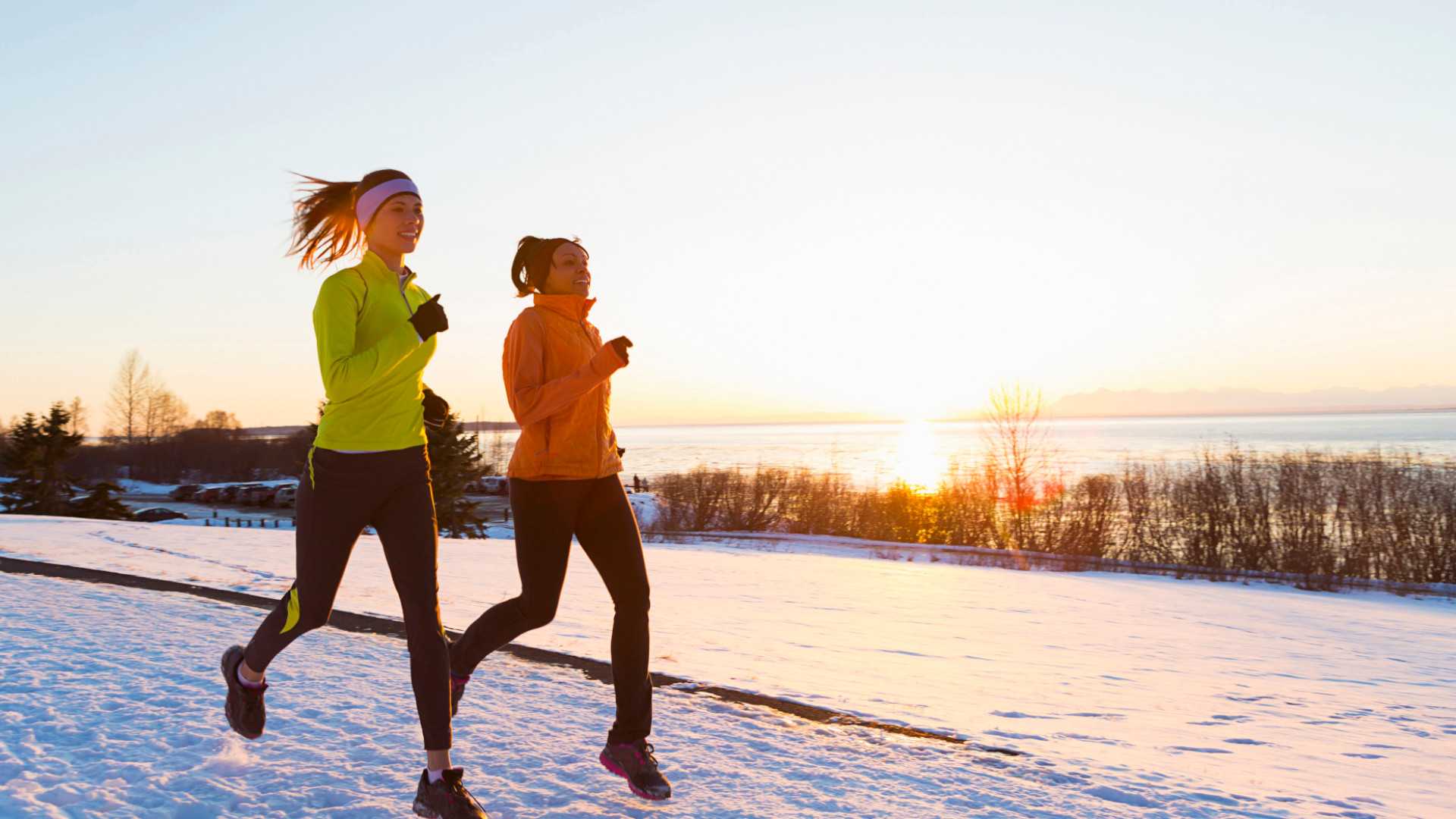
Get all the latest news, reviews, deals and buying guides on gorgeous tech, home and active products from the T3 experts
You are now subscribed
Your newsletter sign-up was successful
Trying to workout in the winter and stay motivated can be tough, especially when the season is marked by new fitness myths and misunderstandings. Not only can these misconceptions cause some people to halt in their tracks, and not even begin their fitness journey, but even for the experienced fitness enthusiast it they have the potential to wreak havoc with their goals.
To try and help you from making any silly assumptions this season, we spoke to four experts who've debunked some of the most common winter fitness myths, to help you with training and stay on track.
‘You’ll get ill running in the cold’
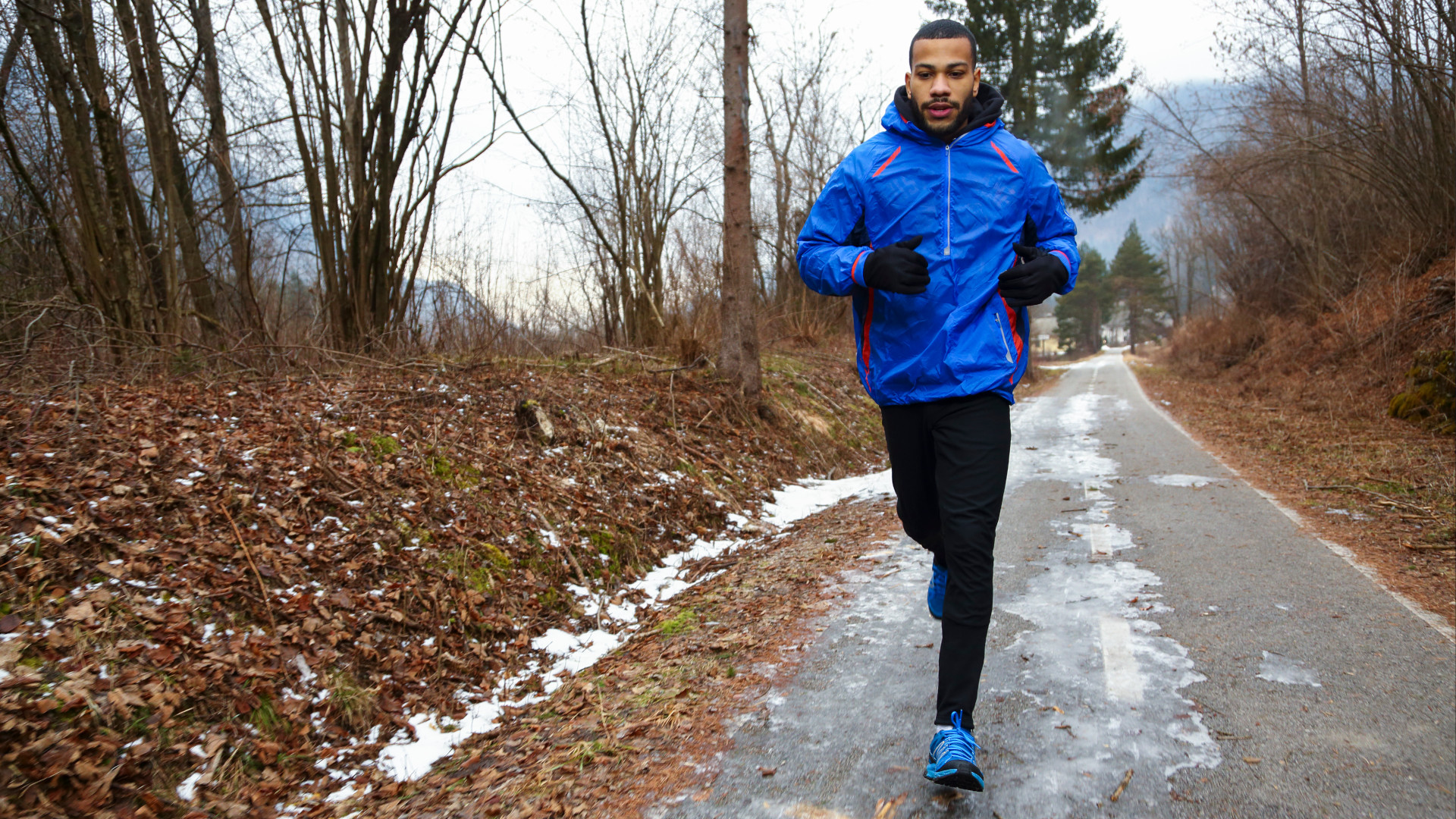
At this time of year, it can be tempting to stay snuggled up indoors, rather than lace up your running shoes and brave the cold in fear of getting ill. But, actually, exercising outdoors in the winter is perfectly fine. “It won’t make you ill, so grab your gloves, pop on your hat, and get out there!,” says Hannah Walker, co-founder of Bimble and Bolt.
“Running in colder months is safe and healthy when wearing sensible clothing to stay warm and dry. Layering up with moisture-wicking fabrics and changing out of wet clothes immediately after a run is key. It's also a good idea to take a hot shower or bath soon after to warm your numb nose and chilly toes."
'You can eat whatever you like during a bulk'
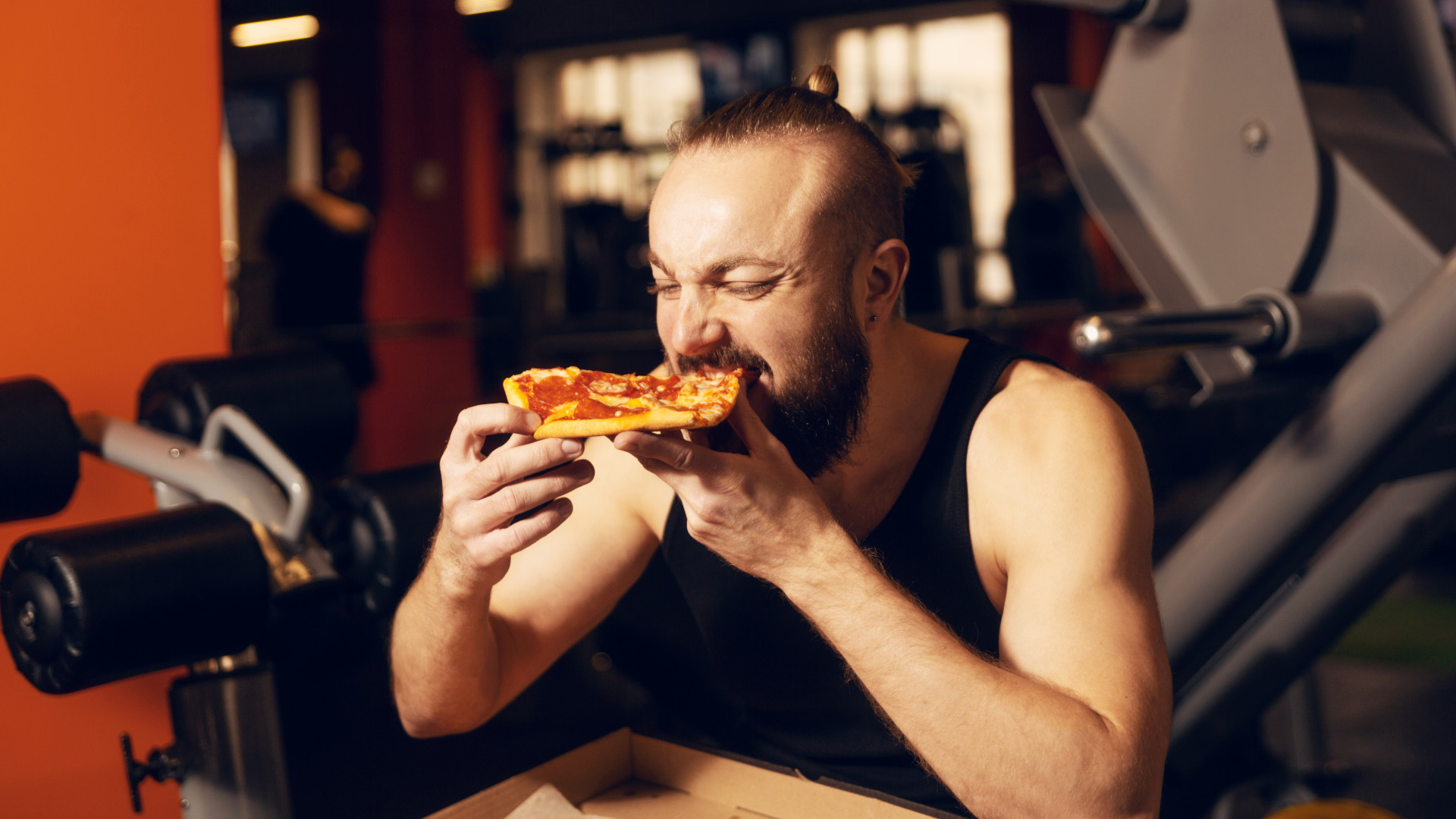
It’s that time of year when, particularly bodybuilders, begin a winter bulk to pack on more meat and muscle, as shorts are out and baggy tees are in. However, people can often fall into the trap of eating too many calories and too many meals that hold no nutritional value. “Eating 5,000 calories of junk food a day is not going to turn you into Dwayne Johnson, that’s for sure,” says Steve Chambers, a Certified Personal Trainer at Ultimate Performance.
“The macronutrients and health benefits of eating 3,500 calories a day of lean proteins, good quality carbs and healthy fats, compared to eating 3,500 calories a day of pizza, are chalk and cheese – if you pardon the pun. A ‘dirty bulk’ will add size to your frame, for sure, but it will also add unwanted fat to almost every part of your body.”
'Hydration isn't as important'
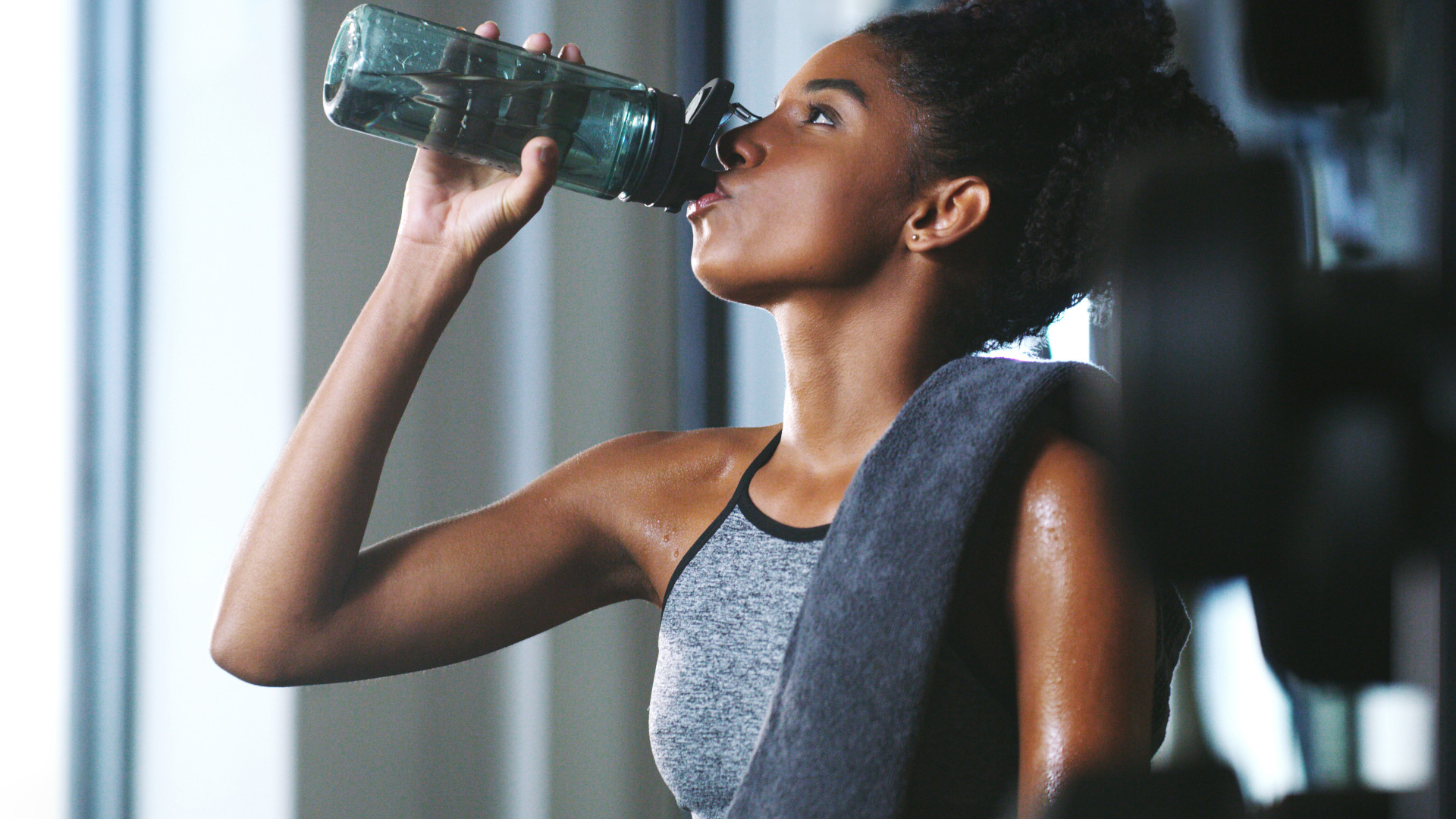
Although you may not feel as thirsty when training in the winter, as opposed to the summer, that doesn't mean hydration isn't as important. "The cold can diminish your thirst by up to 40%, so you still need to make a conscious effort to hydrate," says Luiz Silva, head of fitness and wellbeing and personal trainer at Castle Royle.
Get all the latest news, reviews, deals and buying guides on gorgeous tech, home and active products from the T3 experts
"This therefore puts you at a higher risk of suffering from dehydration effects, which could lead to a decrease in performance through muscle cramps, energy inefficiency, decreased mobility, flexibility and, in extreme cases, to heath exhaustion or even kidney problems. Make sure you drink small amounts or fluid at regular intervals during exercise, especially in the winter."
‘You can sweat out your illness at the gym’
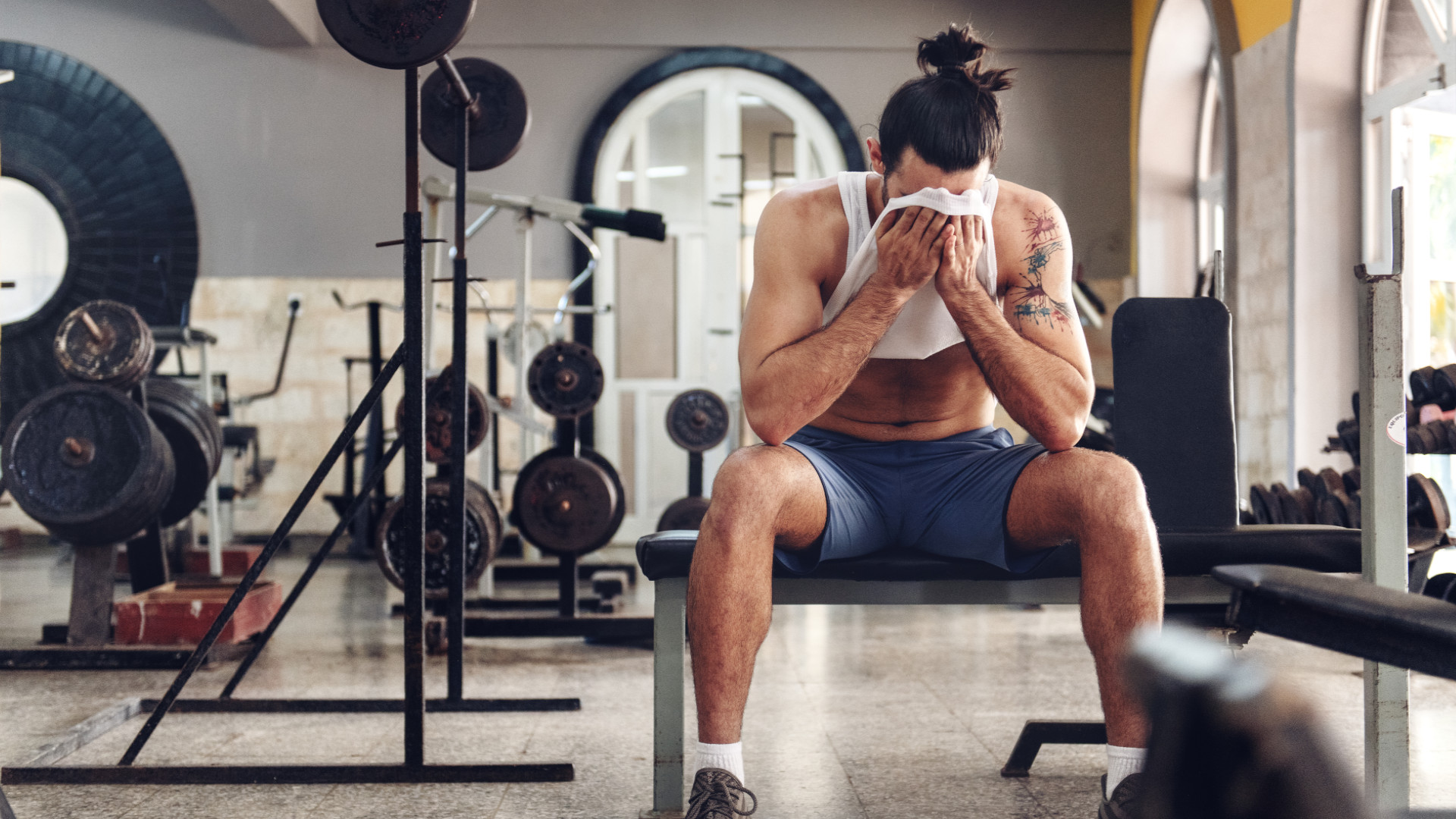
People like to think the same applies to alcohol after a big night out, but it seems neither the treadmill or doing some heavy squats will help with either. “It’s scientifically impossible I’m afraid, you cannot ‘sweat out’ a virus or an illness,” confirms Aroosha Nekonam, a Certified Personal Trainer at Ultimate Performance.
“Sweating is your body’s natural response when your body is overheating, but you do not expel a virus through sweat. Exercise acts as a stressor on the body and, when you’re well and fighting fit, your body can cope with this stress. But if you’re ill, and your immune system is compromised, then putting your body through the trauma of even more stress is going to further deplete your energy reserves. It will also put further strain on your immune system, delay your recovery and potentially leave you susceptible to further infection.”

Bryony’s T3’s official ‘gym-bunny’ and Active Staff Writer, covering all things fitness. She is a certified personal trainer and also a part-time fitness instructor. In her spare time, you will find her in her natural habitat - the gym - where her style of training is a hybrid of bodybuilding and powerlifting. Bryony loves writing about accessible workouts, nutrition and testing innovative fitness products that help you reach your fitness goals and take your training to the next level.